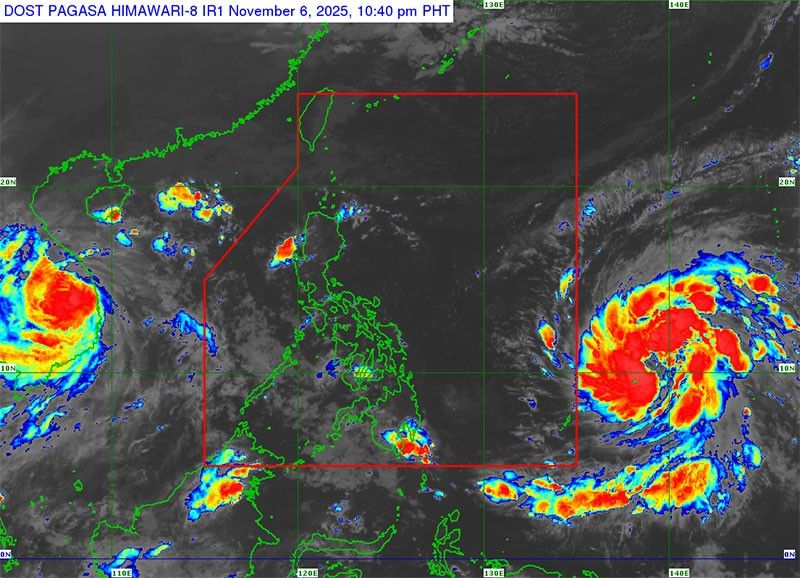FOLLOWING the flash floods that recently hit parts of Cebu Province due to Typhoon Tino, the Mindanao Alliance for Progress (MAP) is calling on the Davao City government, civil society, and the public in general to take stronger measures to ensure the city’s readiness for heavy rainfall and other weather-related emergencies — especially with Typhoon Uwan now approaching.
MAP coordinator Mayet Valdez said the name of the incoming storm itself should serve as a reminder of what’s at stake. “‘Uwan’ is the Visayan word for ‘ulan,’ but this one is not just ordinary rain,” she said.
“Weather agencies warn that Typhoon Uwan is larger and possibly stronger than Tino. And while it’s projected to make landfall in Northern Luzon, its sheer size means Southern Mindanao — including Davao City — could still experience heavy rains and strong winds. We must not be complacent.”
Valdez also noted that the recent findings of the Independent Commission for Infrastructure (ICI) serve as a wake-up call. The ICI reported that several sections of Davao City’s newly built flood control structures have already sustained damage just months after completion, raising concerns about quality control and long-term resilience.
“Davaoeños take pride in their city and are known for their loyalty to their leaders,” Valdez added. “But this is not about politics — it’s about preparedness and making sure everyone is safe. Davao City has experienced its share of flooding in the past, including a deadly one in 2011, so we cannot afford to be complacent. We have to act now — before the rains arrive.”
She emphasized that while Davao City has long been recognized for its discipline and good governance, disasters respect no boundaries. “Even if Uwan is expected to hit the north, its reach could still affect us here in the south,” she said. “The safety of our people depends on constant review, maintenance, and accountability in infrastructure and disaster response.”
MAP’s call extends not only to government officials but also to engineers, civic organizations, and ordinary citizens — urging everyone to work together in reassessing flood-prone areas, ensuring the integrity of flood control systems, and preparing evacuation centers and emergency protocols before Uwan’s expected landfall. The group also encouraged residents to stay informed, report early signs of infrastructure damage, and follow advisories closely.
“Our goal is simple,” Valdez concluded. “We want a Davao City that is not only proud and peaceful, but also prepared and protected — no matter how strong the storm or how far its reach.”



